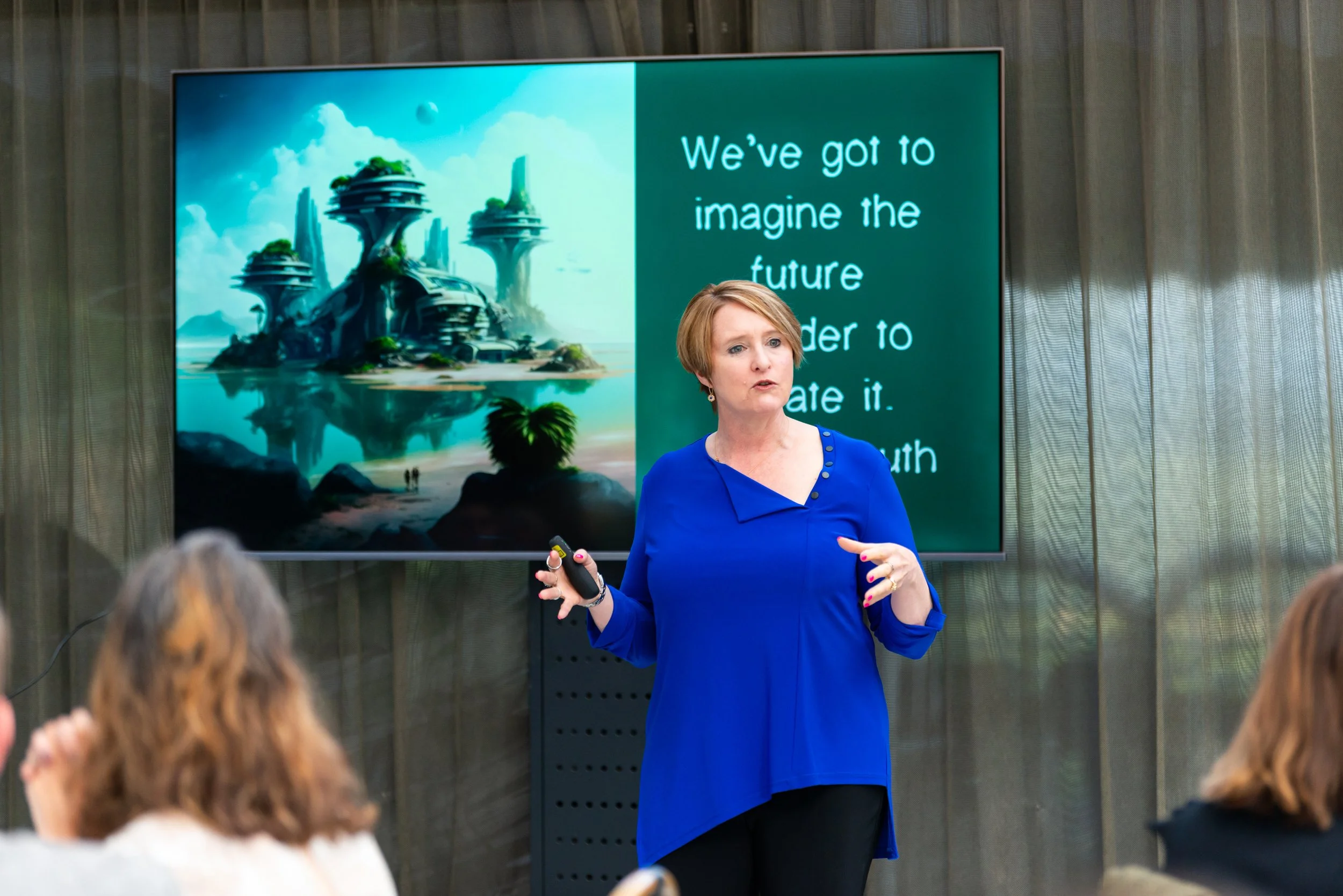Reading is an essential life skill that affects all aspects of one’s life and career. Reading - and writing - have been at the core of human progress. It’s what has allowed us asynchronous sharing of knowledge and thereby accelerating innovation and social progress.
Reading helps us to share ideas, learn concepts, and inspire action. Stories in particular help us develop empathy: we can live a thousand lives through the books we read. When we walk (or read) a mile in someone else’s shoes, our worldview expands. We come to know more of human nature, of human experience.
So what’s with all the book banning?
During the 2023–2024 school year, PEN America reported over 10,000 instances of book bans in public schools, a dramatic rise from 3,362 in the previous year. What’s being banned? Books targeted include texts featuring romance, books about women’s sexual experiences, and books about rape or sexual abuse as well as continued attacks on books with LGBTQ+ characters or themes, or books about race or racism and featuring characters of colour.
Book bans often target school libraries, reducing the resources available to students. Libraries are a primary source of books for children and teens, especially for lower-income families. Limiting access to libraries reduces opportunities for reading, directly impacting literacy rates.
Restricting access to books through bans can have a cumulative negative effect on literacy rates by reducing engagement, limiting exposure, and narrowing students’ educational experiences.
This is censorship and culture wars.
These stories are seen as threats to children’s morality, risking the corruption of their impressionable young minds.
Hogwash.
The most influential aspect of a child’s upbringing occurs in the family home: how parents treat their kids and foster a curious, discerning mind.
If we teach our kids to think critically, then exposure to more ideas, not fewer, is an essential component of giving them a competitive advantage.
Books such as Jodi Picoult's "Nineteen Minutes," John Green's "Looking for Alaska," and Toni Morrison's "The Bluest Eye" have been frequently banned due to their content addressing sensitive social issues.
Of the book ban Jodi Picoult has said, “I think that some people are unhappy because it makes you look at the world in a different way. That’s what’s behind a lot of the bans.”
Yes! If our writing can help people see the world in a different way then we have helped expand thinking and empathy.
We have a right to read. We have a right to be curious and to try and understand where people are coming from. We don’t have to agree or like anything of what we read.
But to not have access to other people’s thoughts, values, visions? This makes for a smaller, meaner world, not a safer one.
What do you think? Are there some books that should be banned? Why or why not?
Share your thoughts on our Bookish Facebook page here.
Happy reading!
P.S. Want more book recommendations and writing/reading insights?
Zoë Routh is a leadership futurist, podcaster, and multiple award-winning author. She works with leaders and teams to explore what's coming and what it means for leadership of the future.
Zoë is an outdoor adventurist and enjoys telemark skiing, has run 6 marathons, is a one-time belly-dancer, has survived cancer, and loves hiking in the high country. She is married to a gorgeous Aussie and is a self-confessed dark chocolate addict.

